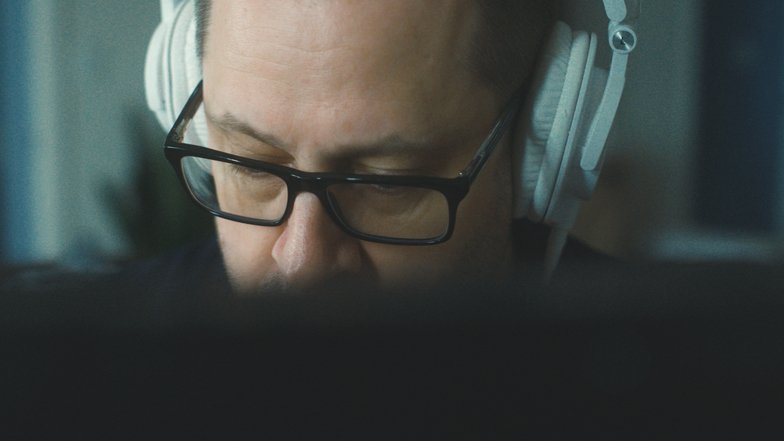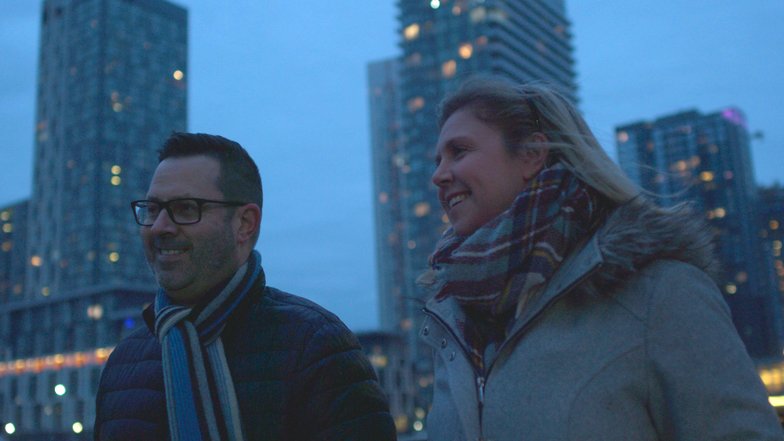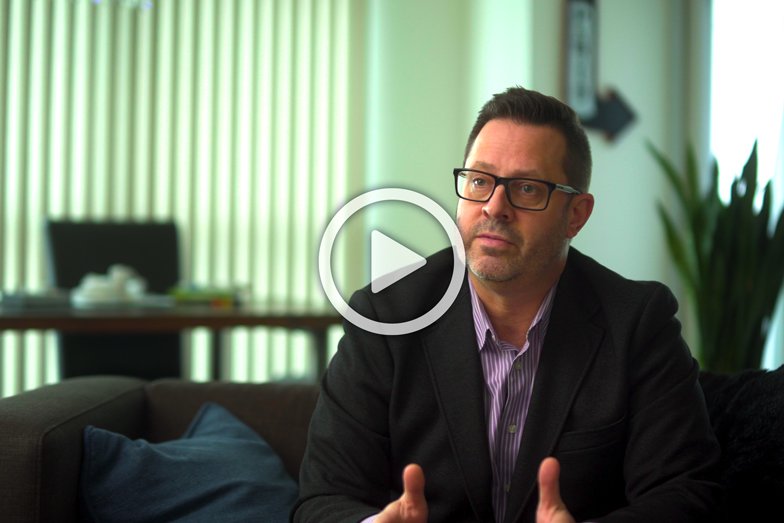The phrase “two steps forward, one step back” is used to describe someone who is having trouble making progress. But is that really fair? After all, if you keep doing this, you’ll get where you want to go sooner or later.
That’s how David MacNeil, 49, quit smoking. With the help of nicotine cessation patches and gum, the Torontonian gradually extended the length of time he could go without cigarettes. After a couple of days he would start smoking again, but then two days turned into four, and four into a week, and a week into a month, and so on. Eventually, “I wasn’t a smoker anymore,” David says proudly. “I was no longer a slave to cigarettes.”
“You can’t change an addiction just like that,” he adds. “It’s the little steps that work, and you need to be patient.”
Which little steps did David take to kick the habit? Here’s what worked:
“I started avoiding situations where people were smoking around me.”
Smoking in bars and at social events, or always lighting up at break time or after a meal, are just a few examples of “triggers” that may cause tobacco cravings. These triggers can be people, places, situations, feelings or moods. Knowing your triggers will help you avoid them or find ways to handle them. On that note…
“I started replacing smoking with something else.”

When cravings kicked in, David would go for a walk, down a glass of refreshing water, or head to the gym. “These are all things that can occupy your mind and body when you have the urge to smoke,” he says.
“When I told people I was quitting smoking, it was crucial.”

“My friends and family were very supportive and empathetic,” David recalls. “Telling people you’re doing it makes it real.”
Another great option for how to quit smoking involves enlisting a “Quit Buddy.” Whether it’s a friend, family member or co-worker, this is someone you can count on to support you in your journey to kick the habit. If they’ve quit smoking themselves, all the better, but what really matters is that they’ve got your back.
For David, another motivator was the slow realization that “the longer I smoked, the more likely it seemed that it would be the end of me. I’m optimistic, so when I saw other people getting sick, I thought, ‘It won’t be me.’ As I got older, and I saw more people getting sick around me, I started to think, ‘That could be me.’”
“I’m glad I got more serious about pulling myself out, and proud that I made it out.”
Like David, do any of you guys have quit smoking tips to share? Sane or crazy, all tips are appreciated.

Biggest thing that helped me was… wait for it… don’t fixate on the fact you’re not smoking! Simple as that. I smoked for over 30 years. I decided not to smoke starting on a Monday (didn’t say I was quitting; my addiction wouldn’t have liked that) and just focused on that day. Then I did it again the second day. After 4 days the nicotine was out of my system. Then it was just making sure I didn’t ever have that first cigarette again. It’s easier than people make it.
Hi Jeffrey,
Great comment and we are cheering you on in your success! Your approach may be a trigger for some guys, but every guy is different. Your tactic is one method and the next guy may need to bury his cigarettes in the backyard. As they say different strokes, for different folks – the key is to quit!
Kind regards,
Tim
The video link points to the French version. Since it’s unlisted I can’t find the English one. I appreciate the article though. Thanks for all the information and resources for men’s health.
Hi Mike,
Thanks for your comment. The video was produced in French language with English subtitles. Click on the CC button in the lower right-hand side of the view screen to enable subtitles in English if you don’t see them.
Kind regards,
Tim